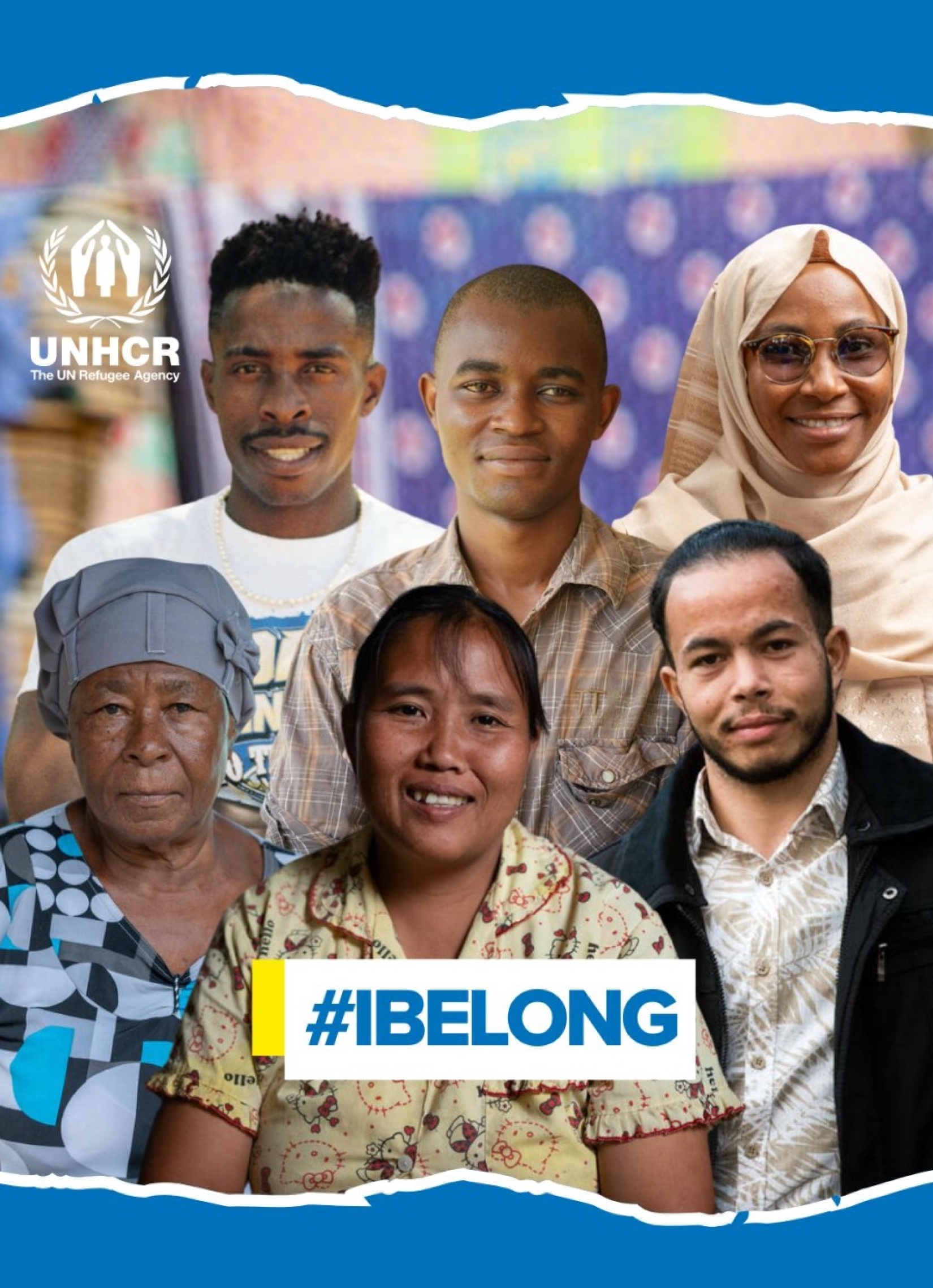Securing Rights and Futures: Albania strengthens legislation and implementation to resolve statelessness
30 September 2024
Imagine waking up every day without a legal identity. For millions of people around the world, this is a harsh reality.
Nationality is something most of us take for granted, but for stateless people, it’s a dream yet to be realized. They are denied access to basic rights and opportunities, living in the shadows of society.
A stateless person, as defined by the 1954 Convention Relating to the Status of Stateless Persons, is someone who is not considered a national by any State under the operation of its law. The lack of nationality has a devastating impact, depriving people of access to healthcare, education, employment, and many other services. It can fuel inequality and put people at risk of exploitation and abuse. Statelessness can cause individuals to face a lifetime of obstacles and exclusion and prevents their full participation in society. This may not only impact individuals affected by statelessness but also society at large, as stateless people are often deprived of opportunities to contribute to the development of their societies and prevented from reaching their full human capital potential.
In June 2024, UNHCR, the UN Refugee Agency, reported that 4.4 million people were stateless or of undetermined nationality across 95 countries. However, the actual number is believed to be much higher. Across Europe, including Albania, almost 500,000 people remain stateless or have undetermined nationality.
In Albania, the 2023 census identified 205 stateless persons, while UNHCR estimated that 2,098 individuals were at risk of statelessness by July 2024. A 2018 mapping by UNHCR and its national NGO partner, Tirana Legal Aid Society (TLAS), found that 97% of those recorded as stateless were children, with nearly half under the age of five.

Nationality is typically acquired automatically through descent or birth on the territory. However, conflicts between nationality laws or lack of birth registration can prevent someone from acquiring nationality and leave them stateless. 84 percent of statelessness cases in Albania are linked to the lack of birth registration.
While statelessness might seem like a complex issue, it is solvable through political will, wider awareness, coordinated action and policy changes. Albania has made strong efforts to address statelessness in the country since its accession to the 1954 and 1961 Conventions on Statelessness in 2003.
Albania has leveraged the #IBelong Campaign to End Statelessness, launched by UNHCR in November 2014, to make significant strides in addressing statelessness. At the 2019 High-Level Segment on Statelessness, which marked the midpoint of the Campaign, and Global Refugee Forums in 2019 and 2023, Albania pledged to take concrete actions to eliminate statelessness, demonstrating its commitment to the Campaign’s objectives.
In 2018, amendments to the Civil Status Law removed barriers to birth registration. The 2020 Law on Citizenship granted Albanian citizenship to all children born in Albania who would otherwise be stateless. The 2021 Law on Aliens established a dedicated statelessness determination procedure. Most recently, the revised Civil Status Law in June 2024 enabled the registration of children born to parents with international protection, facilitating their access to citizenship and services.
However, challenges remain. Increased awareness among those at risk of statelessness and improved access to legal assistance is crucial. Strengthened coordination among State actors on birth registration and nationality confirmation is needed to effectively resolve existing cases. While the Law on Foreigners includes a process for determining statelessness, it requires revisions to clearly outline the rights and services available to ensure recognized stateless individuals can fully access them.
UNHCR and its partners continue to support Albania in various efforts. This includes technical assistance for the full implementation of legislation related to birth registration and nationality confirmation. To ensure the consistent and effective application of the revised Civil Status Law, UNHCR assists authorities in developing comprehensive guidelines. Additionally, through targeted training programs, UNHCR contributes to enhancing the capacities of key national actors, including civil registrars, central asylum authorities, health professionals, child protection social workers, and teachers across Albania. Through its partners, UNHCR also provides crucial legal aid to people at risk of statelessness, guiding them through nationality confirmation processes, and to refugees navigating the path to naturalization.
For example, UNHCR’s partner TLAS assisted a family of five to verify the births of three unregistered siblings, aged 18, 17, and 9, who were born in Albania, but could not be registered due to a lack of proof of birth.
UNHCR continues to support Albania in fulfilling its pledges made at the Global Refugee Forum 2023, including the full implementation of the revised Civil Status Law and operationalizing the statelessness determination procedure by the end of 2024.
As this year marks the end of the #IBelong campaign, Albania’s efforts continue to bring legal recognition and hope to those who are stateless or at risk of statelessness. With the continued support of UNHCR and its partners, Albania is steadily building a future where statelessness is eradicated, no one is left without a nationality, and every person has the opportunity to thrive.



